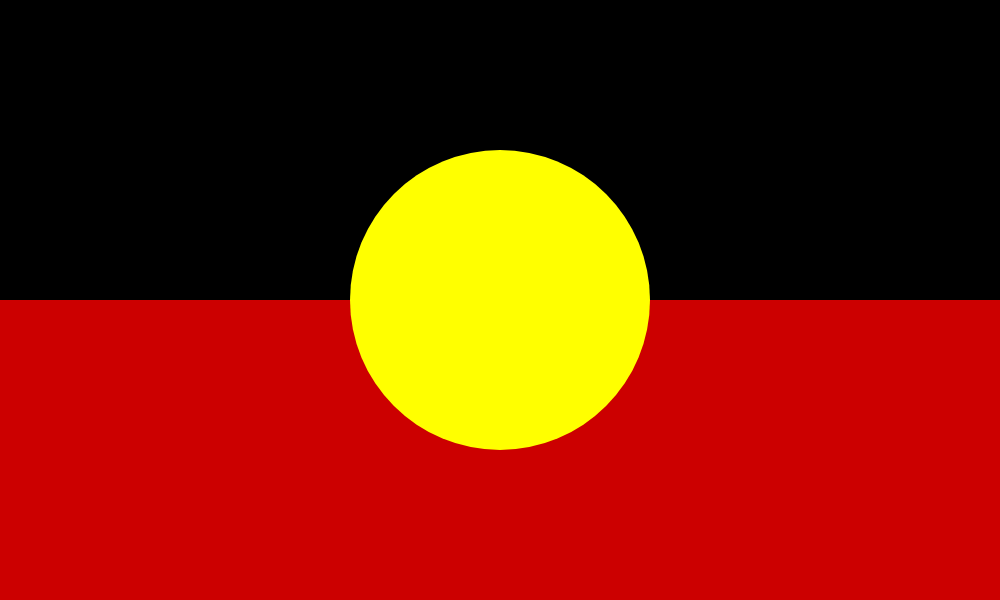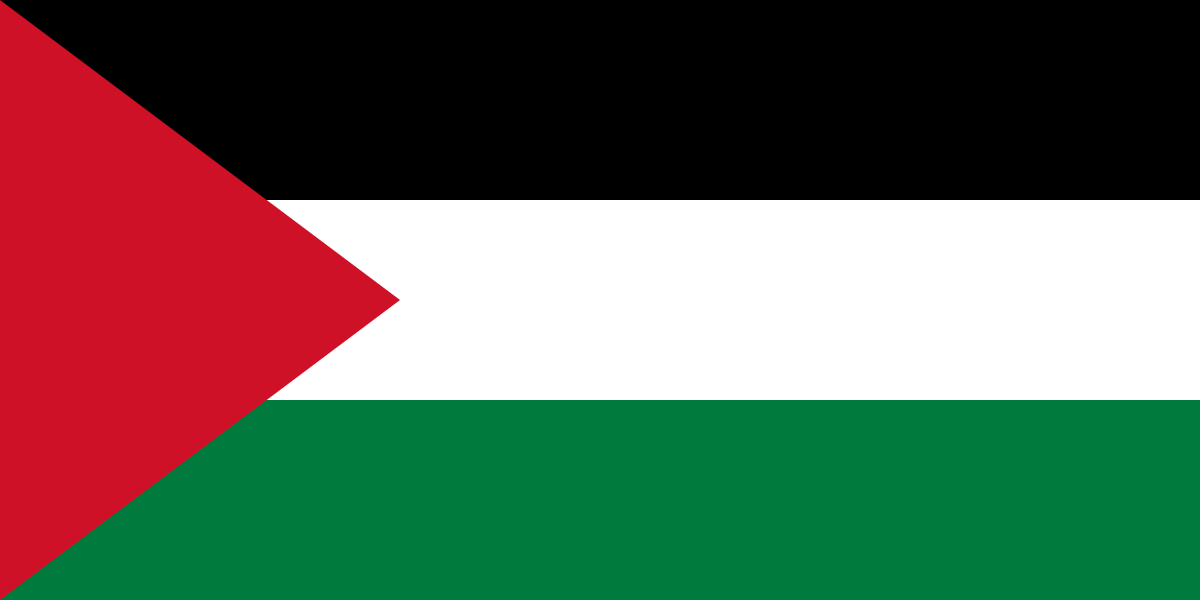by Fernanda Wenzel
- River levels in parts of the Brazilian Amazon are even lower than in 2023, when the region experienced its worst drought.
- In the Munduruku Indigenous Territory, in Pará state, low river levels are forcing communities to drink water contaminated by mercury.
- Indigenous leaders call for immediate help while children suffer from diarrhea and stomachaches.
One year after being hit by its worst drought ever recorded in the Amazon, Brazil is facing it all again. According to the National Center for Natural Disaster Monitoring, CEMADEN, the country is going through its worst drought since 2015, but now, it’s widespread in almost all regions. More than a third of Brazil — an area equivalent to the size of India — is facing drought at its worst.
The situation is especially bad for Amazon rivers, which haven’t seen enough rain since 2013 and have reached historic lows. The Solimões River section in Tabatinga municipality, in the state of Amazonas, hit 94 centimeters (37 inches) below the station’s reference level. Previously, the lowest level recorded had been 86 cm (34 in) in 2010.
In the state of Mato Grosso, where rivers feed basins in the Amazon, the Pantanal wetlands and the Cerrado savanna, the Paraguay and Cuiabá rivers have also reached historic lows.
According to experts, the new crisis is fueled by the warming of the North Atlantic waters, responsible for diminishing the rains in northern Brazil and by climate change.
In the Munduruku Indigenous Territory, in Pará state, several small rivers and springs used as water sources have already dried up. As a result, people from around 10 villages are drinking water from larger rivers like the Tapajós, one of the main illegal gold mining hubs in the Amazon. As a result, the Indigenous people are consuming water polluted by mercury, a toxic substance smuggled into Brazil and used to separate precious metal from other sediments.
“The river has this dirty water, and the children can’t drink it,” João Akay Kaba, coordinator of the Pusuru Indigenous Association, told Mongabay. “Some of them drank dirty water and got health problems like diarrhea and stomachaches.”

